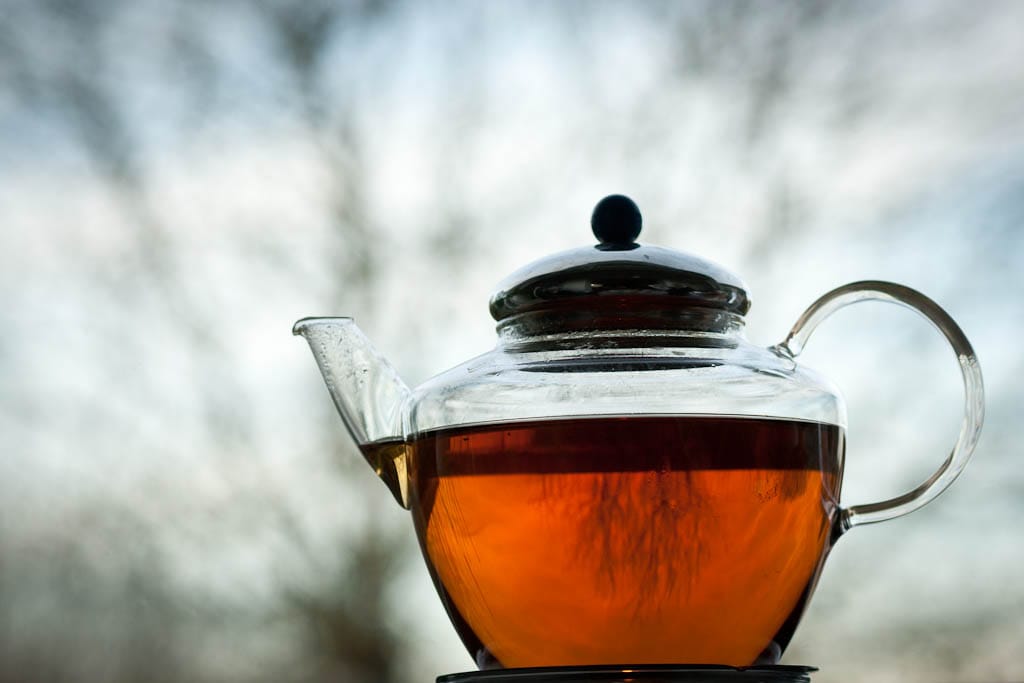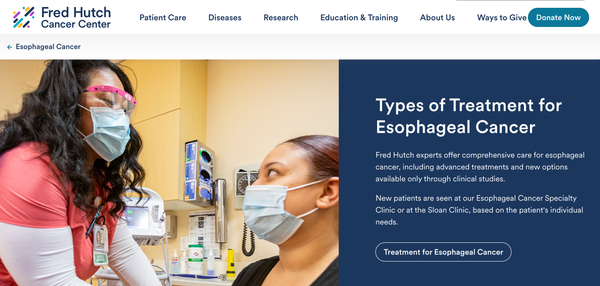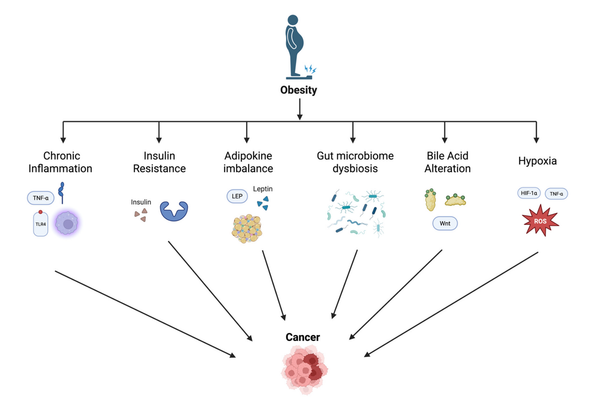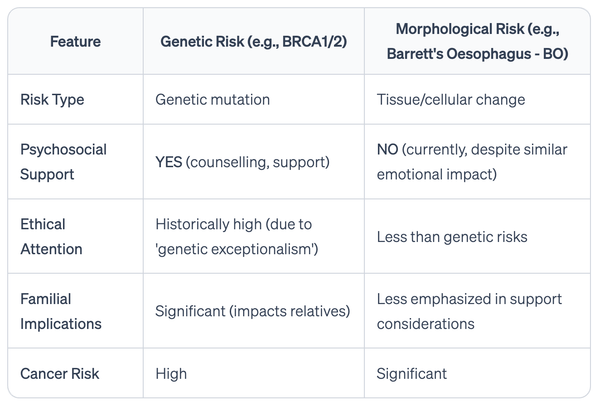Hot beverage intake and risk of esophageal cancer - a large prospective study in the UK

Drinking very hot beverages has long been suspected of causing esophageal squamous cell carcinoma through thermal injury; the International Agency for Research on Cancer (IARC) has classified it as "probably carcinogenic to humans." Much of the supporting evidence comes from studies in South America, particularly southern Brazil and Uruguay, where consuming very hot maté tea is an important social tradition. Similar findings have been reported from studies in the Middle East and Africa. However there are few studies from western populations. This report examined the incidence of esophageal squamous and adenocarcinoma in a large cohort of persons (454,796) from the United Kingdom (UK Biobank) followed for an average of 11.6 years. Participants who preferred very hot beverages (tea or coffee) were observed to have substantially elevated relative risks of squamous cell carcinoma, which ranged from 2.5 for those drinking ≤ 4 cups/day, up to 5.6 for > 8 cups/day, with a highly statistically significant test for trend. In contrast there was no association with esophageal adenocarcinoma (as expected.) The authors conclude:
Although our findings suggest that drinking tea and coffee at hot and very hot temperatures is associated with increased risk of ESCC, it is important to make decisions about diet within the broader context of each beverage in health, rather than as a result of a single study or concerns about a single disease. Tea and coffee have each been associated inversely with overall mortality and incidence of a number of common diseases. However, individuals who like their beverages very hot might benefit from reducing the temperature of their beverages, at least with regards to their risk of ESCC.
Hot beverage intake and oesophageal cancer in the UK Biobank: prospective cohort study.
Inoue-Choi M, Ramirez Y, O'Connell C, Berrington de Gonzalez A, Dawsey SM, Abnet CC, Freedman ND, Loftfield E.
Abstract
Background: Drinking maté, a type of tea consumed at a very hot temperature in South America has been considered as a risk factor for oesophageal squamous cell carcinoma (ESCC).
Methods: We assessed daily intake and preferred temperature of hot beverages (tea and coffee) in relation to incident ESCC (n = 242) and adenocarcinoma (EAC; n = 710) among 454,796 adults in the UK Biobank. Hazard ratios (HRs) and 95% confidence intervals (CIs) were estimated using multivariable Cox proportional hazards regression.
Results: Relative to non-drinkers and warm temperature drinkers (referent group), drinking 4-6 cups/d (HR, 1.97; 95% CI, 1.14-3.38) or more of hot temperature beverages was associated with higher risk of ESCC; HRs increased with increasing daily intake of hot temperature beverages (P-trend < 0.01). ESCC risk was still higher for those who drank very hot beverages; drinking ≤ 4 cups/d was associated with a 2.5-fold higher risk (HR, 2.52; 95% CI, 1.27-5.03), and risk increased with increasing daily intake of very hot temperature beverages (P-trend < 0.01). There was no clear association for EAC.
Conclusions: Our findings provide new evidence that drinking hot or very hot beverages is a risk factor for ESCC in the UK where drinking hot tea and coffee is common.
© 2025. This is a U.S. Government work and not under copyright protection in the US




